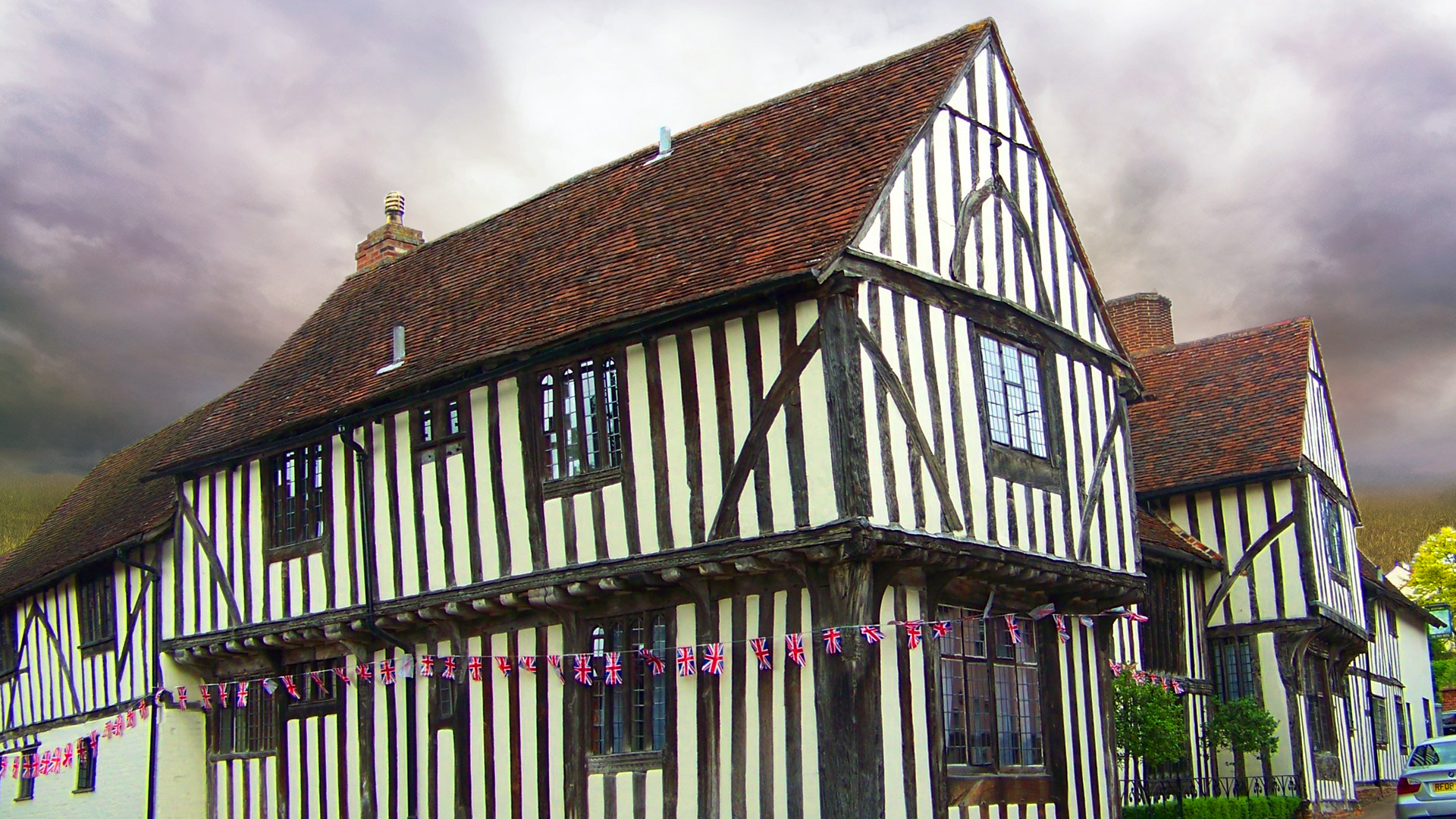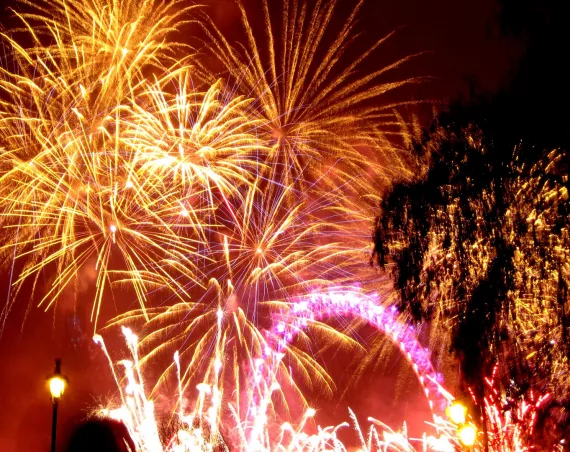
Where do you live?
Powered by RedCircle
Welcome
Hello and welcome to Learn English Vocabulary. My name is Jack and I’m making this podcast for you to learn or revise English vocabulary.
These podcasts are graded from A2 which is around lower intermediate all the way to C2 which is advanced.
I hope you find these podcasts useful. If you do, please leave me a rating and review as this will help other learners find these podcasts.
Introduction
This podcast is B1 which means the vocabulary I’m going to talk about should be good for intermediate learners. Today, I’m going to talk about houses. I have lived in all sorts of homes, in quite a few different countries and the words we use to describe where we live are quite interesting. So to start, let’s talk about the word home. You see, your home is the place you live permanently. It’s an interesting word, because it means that you think of the place you live as a permanent place to live. If you stay in a flat for a short period, say a few months, it’s just the place you live. It’s only your home, when it feels like your home.
Houses
The next word is house. This is really the most simple word for a place to live. I guess the alternative is flat. In British English you could be asked if you live in a house or a flat. A flat is normally a place to live that takes up part of a larger building. It’s normally on one level of the building. A house doesn’t have any other place to live or work beneath it or above it.
There are three main types of house. You can get a detached house. This is a house with no other house connected to it. You can often walk all the way around a detached house. Then there’s a semi-detached house, in informal speech, people often just say semi. This means that the house is attached to one other house. It’s like a big detached house split down the middle. And then there’s a terraced house which is when a group of houses are built in a row so each house has a neighbour on both sides.
In cities, it’s common to find areas with rows and rows of terraced houses. In regular towns in the UK, most houses are on housing estates. These are areas where lots of houses of the same type and similar design are built near each other. Some estates are full of small houses that are packed closely together and some have much bigger houses with more space and bigger gardens.

Flats
For flats, you can live in a block of flats which is what people call older buildings of flats. In London, there are tower blocks which have hundreds of flats. Some of these blocks used to have bad reputations and were dangerous to visit if you weren’t from the area. These days, I think that all the property in London is so valuable that I can’t imagine they are still like that.
Modern blocks of flats are called apartment buildings or complexes or developments and sometimes they are really very nice. I went to visit an apartment complex in Manchester that had nice flats or apartments and really good communal facilities. Communal facilities are things for all the people in the flat to share. There was a gym and a swimming pool and some other areas where you could meet friends.
OK, so those are the main terms. Flat, house, detected house, semi-detached house or semi and terraced house. I’ve also described housing estates and communal facilities. The next terms I’m going to talk about are cottage, mansion, residence, country estate, and then the adjectives Victorian, Georgian, Tudor and timber-framed.
Cottages
Cottage is a nice word because it really just means a small house, but if you say you live in a cottage, it makes people think it’s nice and cosy. We normally think of cottages in the country, perhaps with a thatched roof. A thatched roof is a roof made of straw or dried plants.
Mansions
A mansion is a really big house. The word is not really used by the owners of mansions. It’s used by people who live in much smaller, less imposing homes to indicate that a house is impressive and possibly a bit ostentatious – that is a bit showy or over the top. People who live in houses like these call their homes residences. Now, technically, a residence is a place where you reside or live. I think that it’s the official term for a home. If you look on a property website and search for the most expensive houses, they are always described as residences. For example, a handsome detached residence or a stunning family residence. The most expensive properties come with acres of land and they are described as country
When was your house built?
The last bits of vocabulary I want to describe are adjectives we use in the UK to say how old our homes are. If you know when the property was built, you also know something about how it will look. During the 1800s, or at least from 1837, Queen Victoria was the Queen of England and at that time, loads of houses were built. If you have a Victorian house, it will usually be made of brick and have high ceilings and bay windows.

If your house was built between 1714 and 1830, possibly until 1837, your house is Georgian. These houses have flat fronts and tall windows. They are very sensible looking houses. They also have high ceilings and big rooms and are highly sought after.
If your house is older than that then there are special phrases like restoration and jacobean but most people don’t know what they mean, until you get to Tudor houses. There are lots of houses in the UK that were built in the Tudor period between 1485 and 1603. These houses have timber frames with parts of the timber showing from the outside. They are sometimes called black and white houses or timber-framed houses. Most often, they are called Tudor houses. I have lived in a couple of Tudor houses and they are pretty wonky inside but are otherwise nice places to live.
Conclusion
So there are lots of nouns and adjectives to talk about where you live. I hope you have found them interesting and useful.
If you have enjoyed this podcast, please leave me a comment or a review and don’t forget that you can read the transcript for this podcast and complete some language activities on LearnEnglishVocabulary.co.uk.
Thanks for listening.





3 Comments
Arian
Jack , I love you
I hope continue it forever.
Your voice is clear an amazing.
Jack
Thank you Arian, that’s really kind of you.
MAJID POURKARIMI
Thank you, Jack.